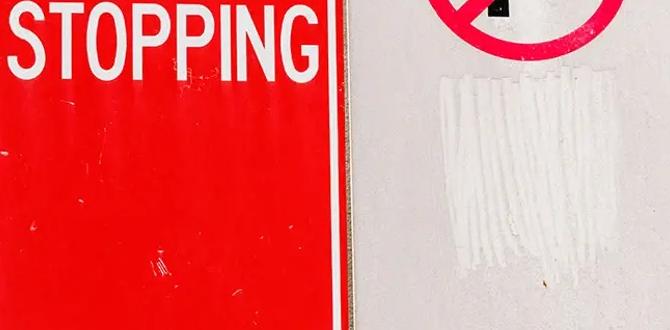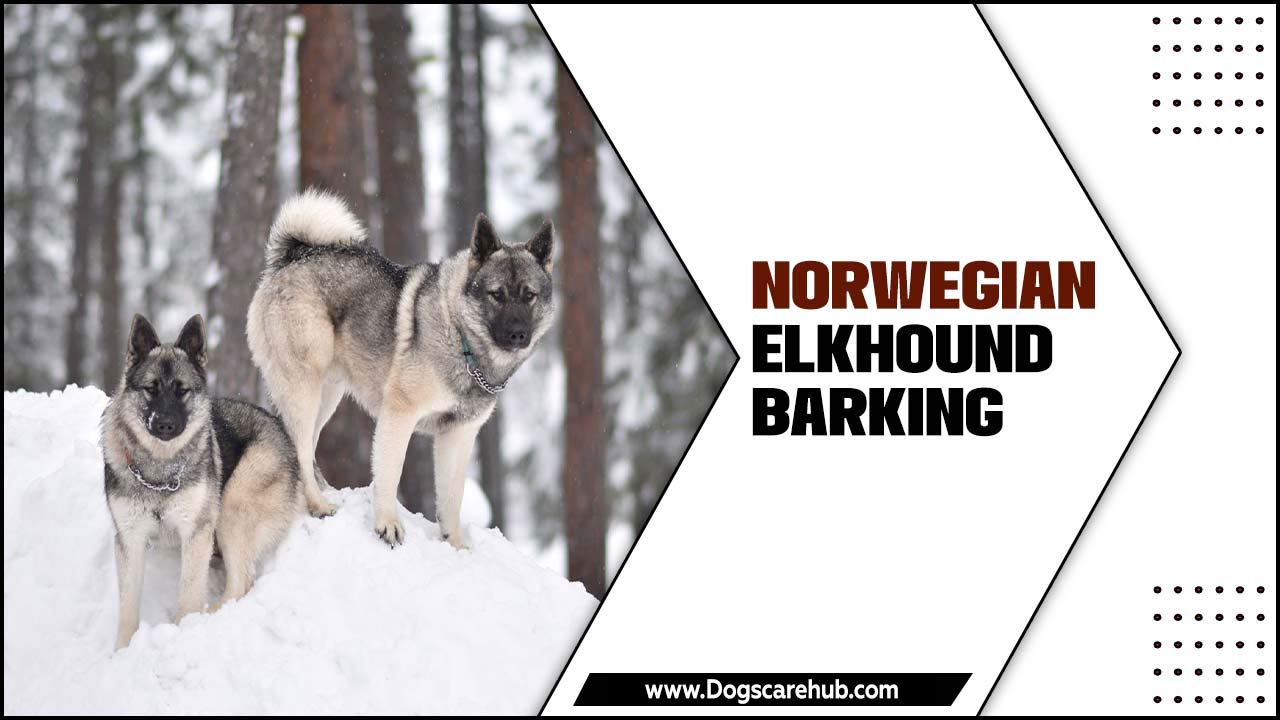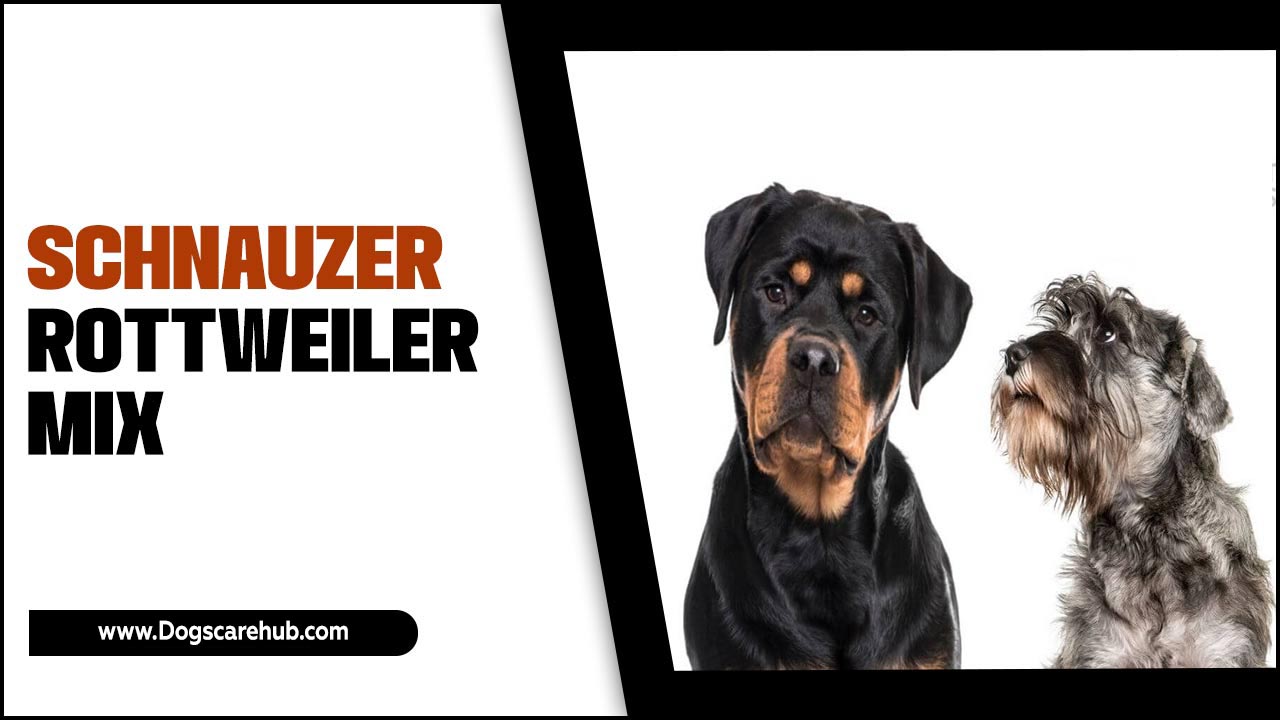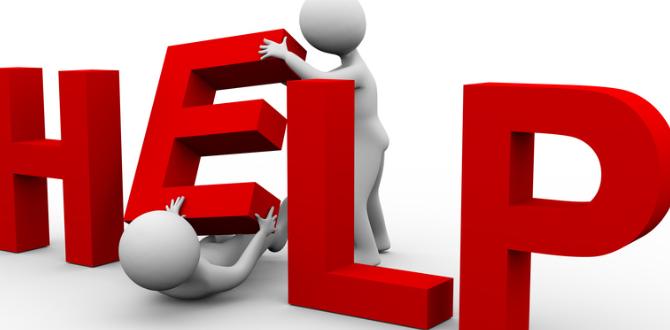Have you ever seen your dog happily munching on something it shouldn’t? It can be surprising and a bit gross. Many dog owners face the challenge of stopping their pets from eating poop. This strange behavior is called coprophagia. It can make you wonder why dogs do this.
Picture this: You’re at the park, enjoying a nice walk. Suddenly, your dog races to snack on a pile of poop. Embarrassing, right? This common issue may leave you feeling frustrated. But don’t worry—there are ways to help your furry friend break this habit.
Did you know that nearly one in six dogs indulge in this behavior? It’s more common than you might think! In this article, we will explore different methods to stop your dog from eating poop. With patience and the right tips, you can encourage your pup to stick to their own food.
Stopping Dog From Eating Poop: Effective Techniques & Tips

Stopping Your Dog from Eating Poop
Many dog owners face the puzzling problem of their pets eating poop. Did you know this behavior is called coprophagia? It can be due to curiosity, boredom, or even dietary deficiencies. To stop this, keep your yard clean and provide enough exercise. Training your dog with commands can help redirect their attention. A surprising fact is that some dogs do this to get attention, even if it’s negative! Help your furry friend kick the habit today!Understanding Coprophagia: Why Dogs Eat Poop
Definition and explanation of coprophagia. Common reasons dogs engage in this behavior.Coprophagia is the fancy word for when dogs eat poop. It sounds gross, right? But many dogs do this for a few reasons. First, they might be curious or hungry. Sometimes, they think poop is a tasty treat! Some dogs even copy their friends who do this. Stress or health issues can also cause this behavior. It’s like a weird doggy snack! Understanding why your furry friend does this helps us find ways to stop it.
| Reason | Explanation |
|---|---|
| Curiosity | Dogs explore with their noses and mouths. |
| Hunger | Some dogs may not get enough food. |
| Imitating Others | Dogs learn from each other, even bad habits! |
| Stress | Changes in their life can make them anxious. |
Identifying Risk Factors for Coprophagia
Age and breed predispositions. Health issues that may contribute.Some dogs may eat poop more often due to their age and breed. Young puppies are curious and may try new things, like poop. Certain breeds, such as Retrievers, might also have this habit. Health issues can add to the problem. For example:
- Digestion problems can cause dogs to eat their stools.
- Parasites might make pups hungry for nutrients.
- Stress or boredom can lead to this behavior too.
Always check with your vet if this occurs. They can help figure out what’s wrong.
What are common dog breeds that eat poop?
Breeds like Golden Retrievers and Beagles often show this behavior. They are extra curious and tend to explore with their mouths.
Behavioral Solutions to Prevent Coprophagia
Training techniques to discourage the behavior. Implementing commands and rewards.Teaching your dog to stop munching on their own droppings can be tricky, but it’s possible with some fun training! Start by using simple commands, like “leave it,” whenever they get too curious about poop. Use treats to reward them for obeying. It’s like a tasty high-five!
Here’s a quick guide to help:
| Technique | Description |
|---|---|
| “Leave it” Command | Teach your dog this command to divert their attention. |
| Positive Reinforcement | Give treats or praise when they ignore poop. |
| Regular Walks | Frequent outings reduce the chances of poop snacking. |
Consistency is key! Stay patient and keep a sense of humor. Remember, every dog has their quirks, and with your help, they can learn to skip the snack that’s not a snack!
Dietary Adjustments to Curb the Habit
Evaluating and improving your dog’s diet. Adding deterrents to food to prevent poop eating.Improving your dog’s diet can help reduce their desire to snack on something not-so-appetizing. Regular meals with quality food keep their tummy happy. You might want to explore adding some tasty deterrents to their meals. Ingredients like pumpkin or pineapple can jazz up their diet and keep them away from poop. After all, no pooch wants their fruit salad mixed up with their next big adventure!
| Deterrent | Description |
|---|---|
| Pineapple | Many dogs find this fruit too tart, making them think twice about their scavenging. |
| Pumpkin | This tasty treat improves digestion and makes poop less appealing. |
So, consider evaluating your dog’s food. A happy belly leads to less poop munching!
Environmental Management Strategies
Keeping the yard and living area clean. Supervision and leash training during walks.Keeping your yard clean is like throwing a party where everyone knows the rules! A tidy space helps your dog avoid munching on, well, unappetizing snacks. Make sure to pick up after your furry friend immediately. During walks, using a leash is crucial. It keeps your pup close and prevents sneak attacks on the nearest pile of poop. Supervision is key; think of it like being a detective, always on the lookout!
| Strategy | Description |
|---|---|
| Yard Cleanliness | Remove waste regularly to prevent snacking. |
| Leash Training | Keep your dog close during outings. |
With these simple rules, you can turn your dog into a poop-avoiding superstar! Remember, even a dog can learn not to eat poop with a little time and effort.
When to Consult a Veterinarian
Signs that indicate a serious underlying issue. What to expect during a veterinary consultation.Notice unusual signs in your dog? You may need to see a veterinarian. Watch for these symptoms:
- Loss of appetite
- Vomiting or diarrhea
- Weight loss
- Lethargy or sadness
- Excessive thirst
At the vet, expect a thorough check-up. The vet will ask about your dog’s habits and diet. Be ready to share any changes you’ve noticed. A quick visit can help find serious problems early on.
What should I expect at the veterinarian?
The veterinarian will perform a physical exam. They may recommend tests like blood work. These tests help rule out health issues. Your dog’s health is important, so don’t wait if something seems off.
Alternative Solutions and Products
Discussing available commercial deterrents. Evaluating natural remedies and supplements.Many pet owners want to stop their dogs from eating poop. There are some great products and natural remedies that can help. Commercial deterrents often have bitter ingredients that make poop taste awful. Try looking for options labeled as dog-safe. You could also consider natural remedies like pumpkin puree or supplements with enzymes. These can make poop less appealing.
- Commercial Deterrents: Look for bitter sprays or treats that prevent poop eating.
- Natural Remedies: Pumpkin puree or enzymes can change the way poop smells and tastes.
What are some effective deterrents for dogs?
Effective deterrents include bitter sprays and special dog treats. These are designed to make poop taste unappealing. Providing a balanced diet can also help reduce cravings.
Using these alternatives may make a real difference. It’s important to stick with a plan. After a while, your dog may lose interest in this behavior for good.
Case Studies and Success Stories
Reallife examples of successful interventions. Lessons learned from dog owners who overcame the issue.Many dog owners have faced the challenge of their furry friends eating poop. One owner, Sara, found that her dog, Max, would munch on it after walks. With some training and distractions like toys, Max learned there were better snacks! Another success story is Tom, who used a special diet. His pup, Bella, loved the new food so much she forgot her poop habit!
| Owner | Dog’s Name | Solution |
|---|---|---|
| Sara | Max | Distraction with toys |
| Tom | Bella | Special diet |
These stories show that change is possible! Keep your dog busy and well-fed. Remember, what goes in a dog matters! With patience, you can help your pet leave that habit behind!
Conclusion
In summary, stopping your dog from eating poop is important for their health. You can train them with consistent commands and distractions. Keeping their environment clean helps too. Always reward good behavior to reinforce positive habits. Remember, patience is key! For more tips, check articles or talk to your vet. Together, we can help your furry friend stay happy and healthy!FAQs
Sure! Here Are Five Questions Related To The Topic Of Stopping A Dog From Eating Poop:One way to stop your dog from eating poop is to clean up right away. If there’s no poop around, your dog can’t eat it. You can also use a taste deterrent. This is something that makes poop taste bad. Finally, giving your dog more toys and exercise can keep them busy and distracted.
Sure! Please provide the question you would like me to answer.
What Are The Common Reasons Dogs Eat Their Own Feces Or The Feces Of Other Animals?Dogs might eat poop for a few reasons. Sometimes, they do it because they are curious or bored. Other times, dogs may feel hungry or want to clean up their space. If a dog is stressed or anxious, it might also eat poop to comfort itself. It can seem gross, but it’s usually not a big deal!
What Are Some Effective Training Techniques To Discourage A Dog From Eating Poop?To stop your dog from eating poop, first, clean up any poop in your yard immediately. When you catch your dog trying to eat poop, say “no” firmly but kindly. You can also give your dog a tasty treat when they ignore poop. Teaching tricks can keep them busy and distracted. Finally, lots of exercise can help your dog feel less bored.
Are There Specific Dietary Changes That Can Help Prevent A Dog From Eating Feces?Yes, some diet changes can help stop dogs from eating poop. Make sure your dog eats good food with all the right nutrients. You can add more fiber to their meals, like pumpkin or sweet potatoes. Also, feeding them smaller meals more often can help. Always keep their food fresh and clean, too!
How Can Pet Owners Safely Manage And Clean Up Their Dog’S Environment To Reduce The Likelihood Of Coprophagia?To help stop your dog from eating poop, we need to keep their area clean. Always pick up your dog’s waste right away. You can also train your dog with commands like “leave it!” to stop them from eating poop. Make sure your dog has toys and fun activities to keep them busy. Finally, take your dog for daily walks to explore new places and stay active.
When Should A Dog Owner Consult A Veterinarian Regarding Their Dog’S Poop-Eating Behavior?You should talk to a veterinarian if your dog eats poop all the time. If your dog gets sick or has tummy troubles after eating poop, it’s time to call the vet. Also, if your dog is losing weight or acting strange, you should get help. It’s always better to check if you are worried.
Meet Elyse Colburn, the devoted canine companion and storyteller behind the enchanting world of “Tales, Tails, and Adventures Unleashed.” A passionate dog enthusiast with a heart full of paw prints, Elyse Colburn shares heartwarming tales and insightful adventures, celebrating the joy, loyalty, and endless antics that make every dog a true hero. Join Elyse Colburn on this tail-wagging journey, where every post is a love letter to our four-legged friends.








